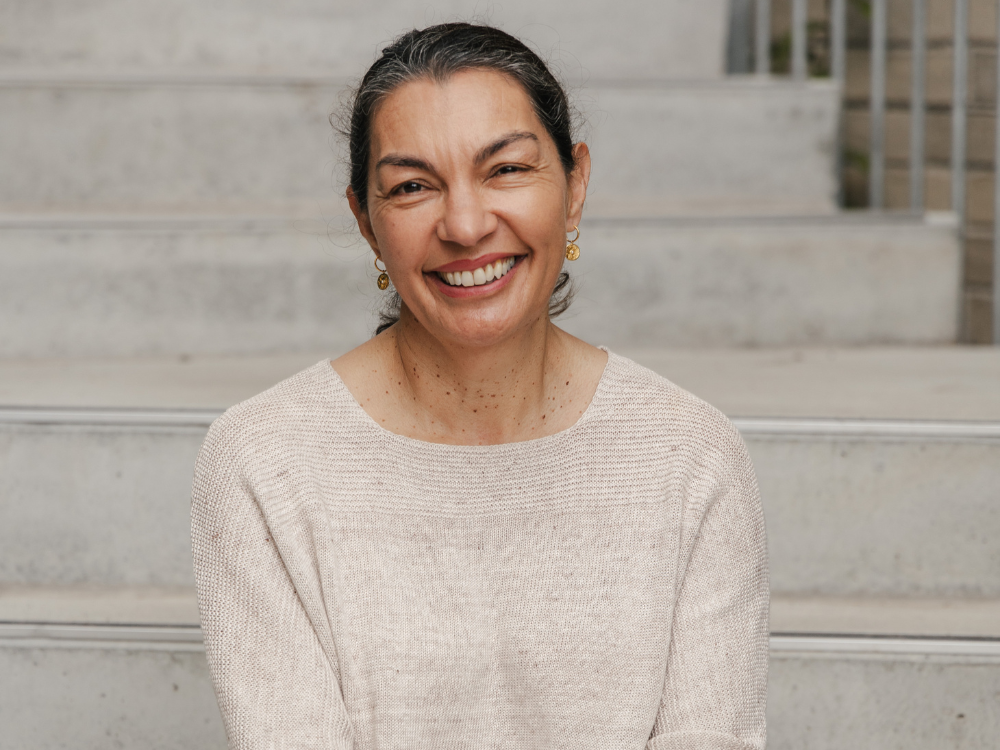Triumph
over trauma
UNIFYING BODY AND MIND
At Kindred Steps, we stand on the shoulders of giants of neuroscience who have shown us how the body and brain hold and process traumatic experiences.

About Kindred Steps
Trauma results in a fundamental reorganisation of the way we think, what we think about and the automatic physical and emotional reactions to our present-day relationships and daily life. At Kindred Steps, we work with the imprints of your trauma on your mind, body and spirit. We draw on a broad range of therapeutic disciplines to enhance wellbeing and to support your journey of triumphing over your trauma. Weaving together process- and embodied psychotherapy with EMDR, psychodynamic and cognitive-behavioural models of therapy, we help to unify the body and the mind, combining the best of current understanding to process trauma and to support the discovery of resolution and meaning in life, as well as a new, more somatically integrated self.
MELANIE
MANTON
Melanie works with mental health conditions including Complex PTSD, trauma, abuse, intergenerational trauma, anxiety, depression and stress-related issues, grief, loss and major life transitions. She deeply respects how challenging therapy can be when facing trauma and the wellbeing impacts of mental health conditions. Therapy is always from a starting point of our innate strengths and within a space where clients can safely explore their circumstances, themselves and their choices.
Melanie takes a clinically evidence-based approach to therapeutic treatment and develops an individualised treatment program that is tailored to the client’s unique life experiences and situation. She is governed by the Australian Psychological Society ethical and professional practice guidelines and considers these essential to the integrity of the client’s care.

Clinical Training
Melanie completed her undergraduate Psychology qualifications at Monash University and Bond University. She graduated with a Masters of Clinical Psychology at the University of Southern QLD and was awarded the Australian Psychological Society Student Prize upon its completion.
Melanie also undergoes annual Professional Development training to maintain her currency of skills and to further develop her expertise in specific therapeutic modalities with a strong evidence-base for trauma. She has completed advanced training in Eye Movement Desensitisation Reprocessing (EMDR) therapy, Gestalt Psychotherapy, Emotions-Focused Therapy, Schema Therapy, Process-Oriented Therapy, Adult Attachment Repair and Psychedelic-Assisted Therapy (PAT).
Professional Memberships
Melanie is registered with AHPRA as a Clinical Psychologist, is a member of the Australian Psychological Society and a member of the EMDR Association of Australia. She also has been awarded her Certification in Psychedelic-Assisted Therapy.
Attachment Focused
One of the deepest impacts of trauma is the feeling of isolation and loss of security with the world and the people around us. It can be so difficult to trust when you have been profoundly hurt by people you were attached to. Trauma therapy is challenging and needs a safe and supportive relationship between us. This relationship will be the foundation of our work together as we face the journey of healing from your most difficult relational experiences. We will work at a pace that is safe enough to face the past and where you are never alone in doing so.
Trauma-Informed
Our practice is trauma-informed. It is centred on being aware and respectful of the impact of your trauma on your personal circumstances, and your experiences as you move through your life. Everyone is uniquely individual, and so must be the way we work together. We strive to always be transparent, to map our journey together and to be led at the pace at which you feel safe. This is key in creating the space for the courageous work of healing.
Brain and Body
Traumatic experiences are also held in the body – in gestures, posture, movements and body sensations. These can provide an important link to supporting the innate drive within us all to heal, adapt and develop new ways of being. Our movement, posture and physiology are constantly at work to ensure we survive and adapt. The body will hold our adaptations to past trauma including non-verbal cues of visceral sensations, tightening of our throats, chest, gut, changes in our heartbeat, breath. It also holds the capacity to heal. Learning ways to work with the body as an ally can powerfully shift the difficult or painful physical sensations that are activated in unresolved trauma.
The body always leads us home… if we can simply learn to trust sensation and stay with it long enough for it to reveal appropriate action, movement, insight or feeling.
Meaning and understanding emerge from new experiences rather than the other way around. Through bottom-up interventions, a shift in the somatic sense of self in turn affects the linguistic sense of self.
Pat Ogden
WE ARE HERE TO HELP
Working not only with our stories, but with the language of our bodies, images, feelings and sensations, traumatic imprints from the past can be transformed, enabling us to find our way back to ourselves.
